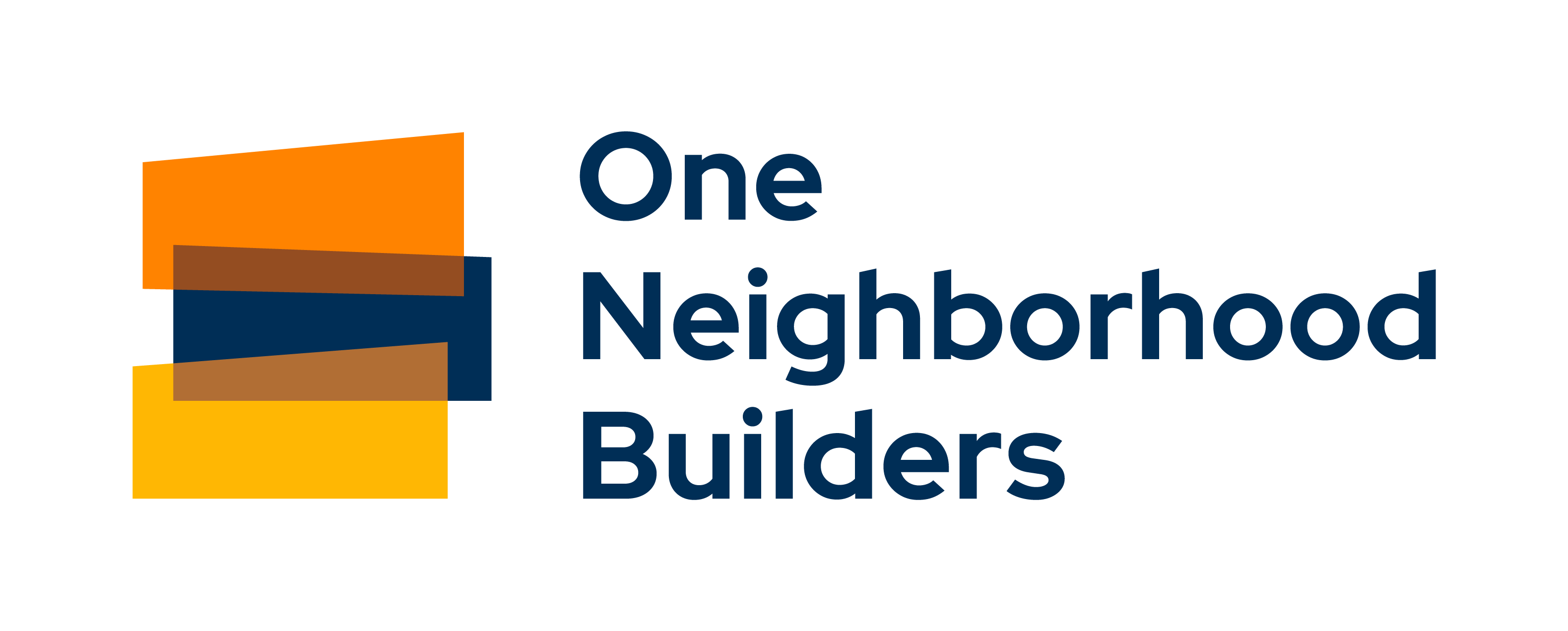Fresh Fridays: Home Repair Programs
This month’s Fresh Fridays webinar focused on the importance and challenges of home repair programs. The discussion centered around maintaining the affordability and safety of homes, particularly for low-income homeowners, and how these repair programs fit into broader housing strategies. Panelists included:
- Karen L. Black: Principal, May 8 Consulting, Inc.; University of Pennsylvania; Drexel University; Lindy Institute for Urban Innovation
- Bert Cooper: Vice President for State and Local Strategic Services, Green & Healthy Homes Initiative
- Carrie Zaslow: Diretor Executivo, Fundo Rotativo da Providência
The role of home repair programs in mitigating the housing crisis.
Black kicked off the conversation by highlighting how home repair programs can be used as a strategy to stem the housing crisis. She noted that housing has become unaffordable due to a lack of units, rising labor costs, and the increasing expenses of building materials. With Rhode Island’s aging housing stock and limited land for new development, Black shared that the focus must include preserving existing homes: “We want to preserve this housing stock, and we also need to preserve not just the structure, but the affordability.”
A comprehensive model to home repair.
Cooper introduced Green and Healthy Homes Initiative’s (GHHI) Whole House Model, a comprehensive approach to home repairs that includes structural repairs, energy efficiency improvements, hazard remediation such as lead paint removal, and electrification. He discussed the importance of aligning multiple agencies and funding streams to provide a coordinated effort for home repairs. GHHI focuses on case management and workforce training, as well as outcomes evaluation, ensuring that repairs not only fix the immediate issues but also promote long-term health, safety, and sustainability.
A shift toward broader home repairs in Rhode Island.
Zaslow shared that the Providence Revolving Fund (PRF) initially focused on restoring properties in historic districts with histories of redlining, but over time, it became clear that the need for home repairs extended beyond these historic districts, especially given Rhode Island’s older housing stock. PRF began working closely with the City of Providence’s Department of Inspection and Standards to offer low-interest loans to lower-income homeowners to repair issues that resulted in minimum building code violations. These new programs have led to the repair of 125 residential properties. PRF has since expanded these programs outside Providence, collaborating with the state of Rhode Island to address home repair needs across a broader area.
Zaslow highlighted how these home repair programs can be used as a tool to address the affordable housing crisis in the state: “We’ve been able to not only do repairs, but at times if there are units that are not being used because they are in such bad disrepair that they can’t be rented out, we’ve been able to get those back online, put deed restrictions on them, creating some affordable housing.” Deed restrictions are legal agreements placed on properties to limit how they can be used or transferred, ensuring that the housing remains affordable for a set period of time.
Success of home repair programs in Philadelphia.
Black shared insights from supporting the implementation of Philadelphia’s home repair program, the Neighborhood Preservation Initiative, which included $100 million bond from the city to fund repairs. Along with home repair loans and grants, this program provided legal support to help homeowners compile deeds and other necessary paperwork, as well as coordination with healthcare systems to identify systemic health problems, such as asthma that are caused by unhealthy living conditions.
Black outlined how these systems came together, stating, “It is less expensive for healthcare institutions to fix the root causes in the home than it is to constantly treat that individual for those same symptoms. So, we brought together a kind of broader ecosystem—and it worked.” The success of this program has had a far-reaching impact, spreading across Pennsylvania, where it helped spark the creation of the state-funded program. The program allocated millions of dollars to support home repairs in communities, though only 4% of applicants were able to be helped due to high demand. Building on this momentum, Senator John Fetterman is now advocating for similar initiatives at the federal level.
Active initiatives in Providence.
Cooper highlighted GHHI’s work in Providence, where they received a $2 million Department of Housing and Urban Development (HUD) Healthy Homes Production grant. Their efforts focus on improving asthma-related health outcomes through comprehensive home repairs and asthma education as well as proper weatherization of the home. Additionally, GHHI partners with local organizations, like PRF, to address more significant structural issues found during assessments, creating a holistic approach to home repairs.
Holding landlords accountable for safe and healthy housing.
The webinar ended with a conversation that explored policies that hold landlords accountable for maintaining safe and habitable housing. Zaslow emphasized PRF’s willingness to collaborate with landlords to carry out repairs. However, PRF makes it clear that if new issues are discovered during repairs, they will hold landlords accountable and ensure any violations are documented. Cooper added that recent policy changes in Rhode Island require landlords to register their properties and maintain their properties’ lead certificates in a statewide rental registry designed to decrease lead poisoning. Furthermore, tenants can pursue treble damages if they are harmed due to unsafe living conditions. Treble damages refer to a law that allows tenants to recover up to three times the actual monetary damages if their landlord violates lead safety laws. The “treble damages” law, R.I. Gen. Laws § 42-128.1-11, is now in effect and provides this protection for tenants affected by lead poisoning.
Healthy homes strengthen communities.
On the topic of coordinating home repair efforts to help people age in place, Black explained that home repairs can have a broad impact, improving safety, reducing falls, enhancing school performance, and even lowering crime. For many, maintaining their home is their only option, as affordable alternatives are not available.
Anterior Sessões das sextas-feiras frescas:
-
-
- Sextas-feiras frescas: Sistemas de habitação e sem-abrigo
- Sextas-feiras frescas; aplicação equitativa do código
- Fresh Fridays: O custo da construção de habitação a preços acessíveis
- Sextas-feiras frescas: Transportes e comunidades equitativas
- Sextas-feiras frescas: Zoneamento e desenvolvimento de habitação a preços acessíveis
- Sextas-feiras frescas: Organização Comunitária em Providence
-






